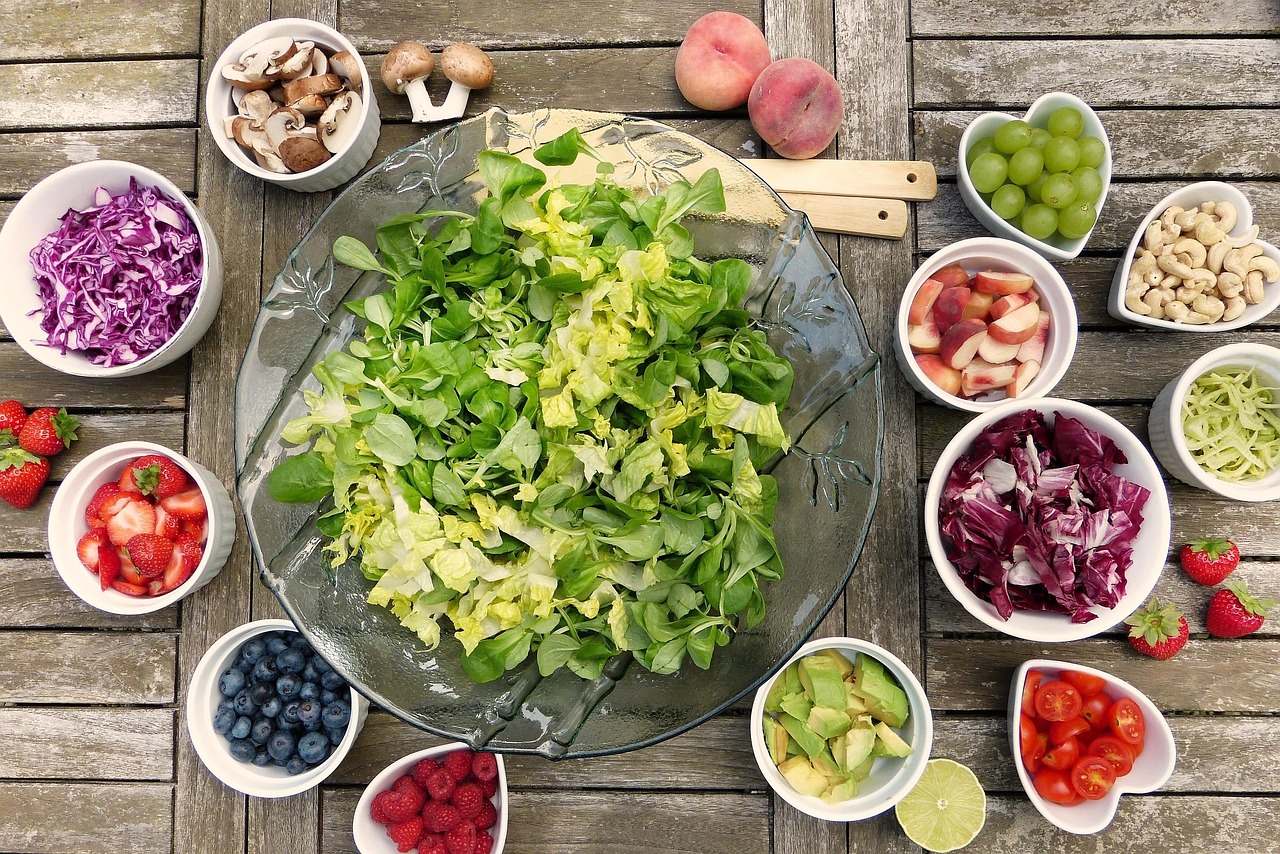In a world full of diet trends and food fads, balanced eating often gets overlooked. It’s not about counting every calorie or cutting out entire food groups—it’s about nourishing your body in a way that supports your health, energy, and well-being.
1. What is Balanced Eating?
Balanced eating means including a variety of nutrient-rich foods in the right proportions to fuel your body and mind. It’s not about perfection—it’s about consistency and flexibility.
2. Build Your Plate With the 50-25-25 Rule
A simple way to structure meals:
- 50% Vegetables & Fruits – colorful produce for fiber, vitamins, and antioxidants.
- 25% Protein – beans, lentils, eggs, fish, chicken, or tofu for muscle repair and satiety.
- 25% Whole Grains or Healthy Carbs – brown rice, quinoa, whole wheat bread, or sweet potatoes for sustained energy.
3. Don’t Fear Healthy Fats
Avocados, nuts, seeds, and olive oil are essential for hormone health, brain function, and absorbing fat-soluble vitamins (A, D, E, K).
4. Hydration Matters
Water supports digestion, nutrient absorption, and energy levels. Aim for 6–8 glasses a day, more if you’re active or in hot weather. Herbal teas and infused water are great options too.
5. Mindful Eating Practices
- Eat without distractions like phones or TV.
- Chew slowly to aid digestion.
- Stop when you feel comfortably full, not stuffed.
6. The 80-20 Approach
Eat nutrient-rich, wholesome meals 80% of the time, and enjoy your favorite treats 20% of the time without guilt. This creates a sustainable, enjoyable way of eating.
Final Thought
Balanced eating is about creating a long-term relationship with food that supports your health and happiness. Small, consistent changes will always beat extreme diets.



